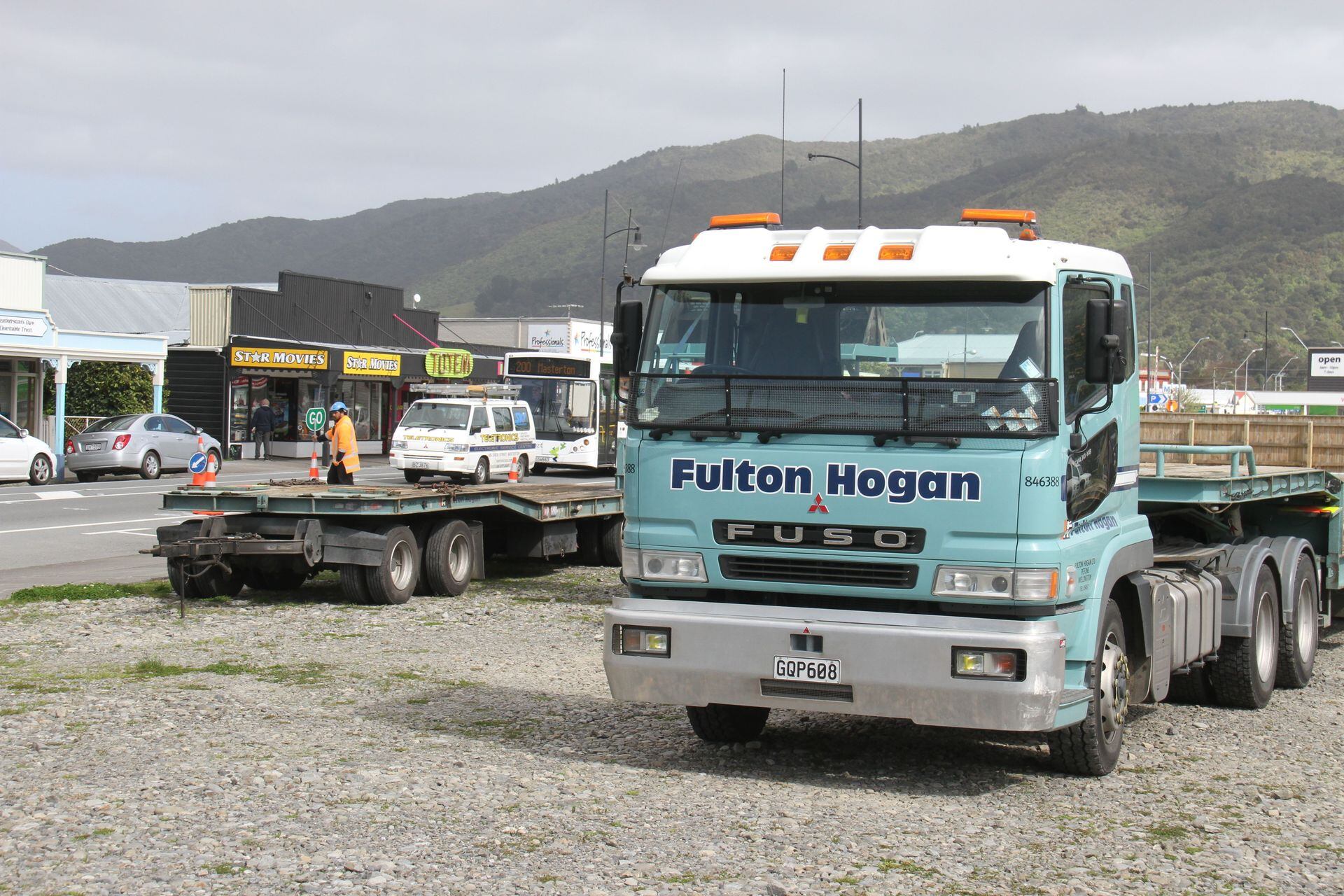Few top companies reporting pay gaps

Subscribe to BusinessDesk
Stay informed on business, government and financial developments across New Zealand.
- Deeply researched, twice-edited and fact-checked news
- Annual subscribers also receive a complimentary subscription to The Wall Street Journal
- Personalised email news alerts, plus gift up to 5 stories a month to non-subscribers
You can cancel anytime with two clicks, an email or a phone call.
Find out more.
We are serious about journalism.
Already a Subscriber ? Sign in here.
All subscriptions auto renew but are easy to cancel.
Total Price Including Tax: {{ priceWithTax(selectedPlan) | currency }} {{ selectedPlan.type == 'user' && spark.chargesUsersPerSeat ? '/ '+ spark.seatName : '' }} {{ selectedPlan.type == 'user' && spark.chargesUsersPerTeam ? '/ '+ __('teams.team') : '' }} / {{ __(selectedPlan.interval) | capitalize }}

Not convinced yet?
Subscribe to our free 7am Headlines newsletter.
A quick summary of everything BusinessDesk has published in the previous 24 hours. No BusinessDesk
subscription needed.









